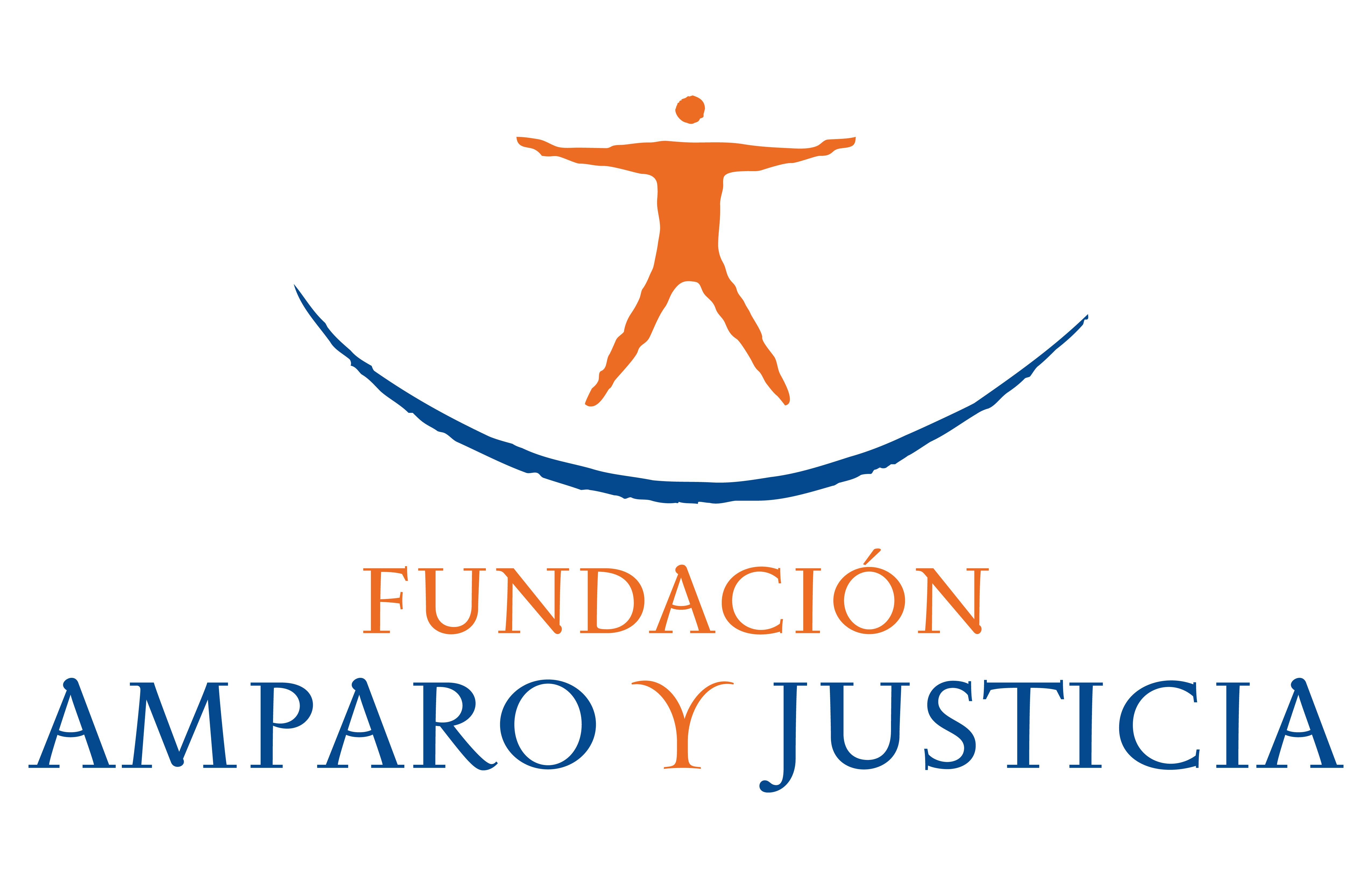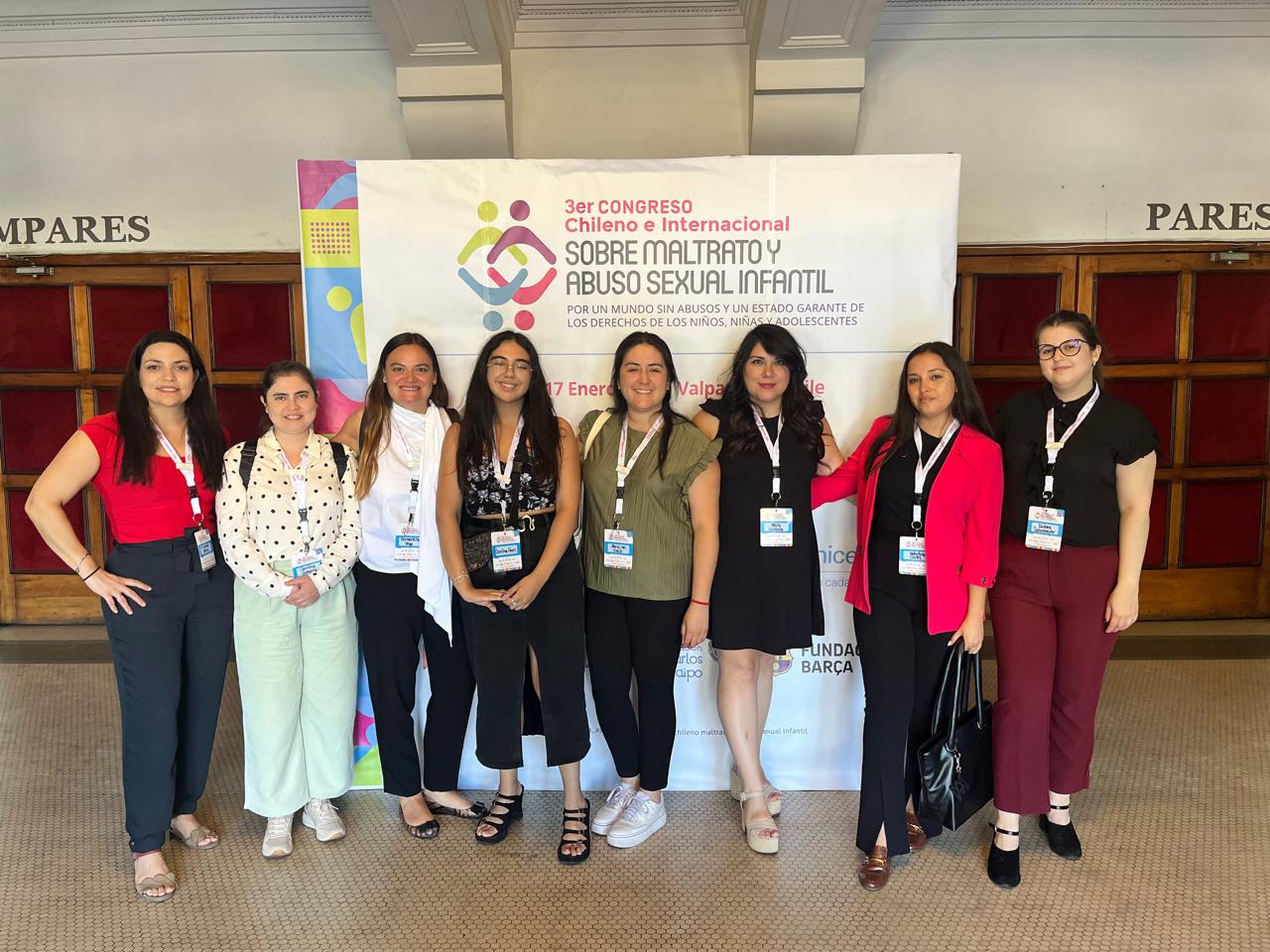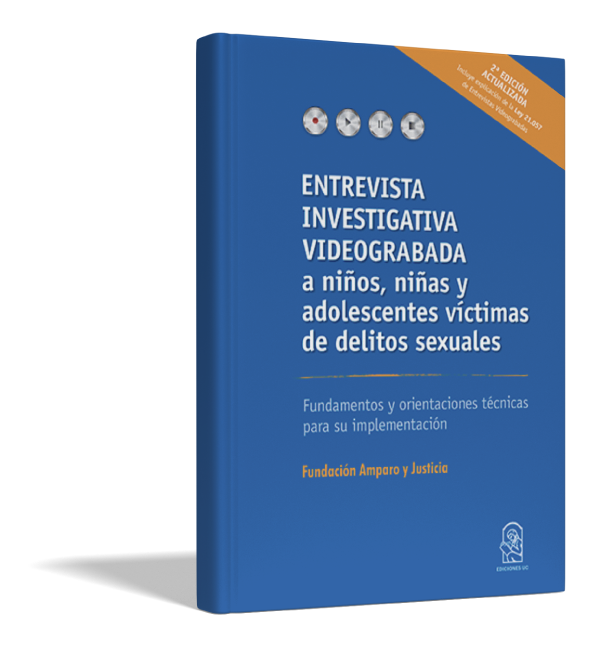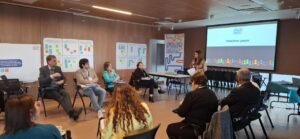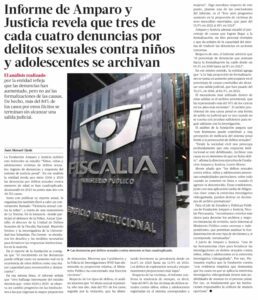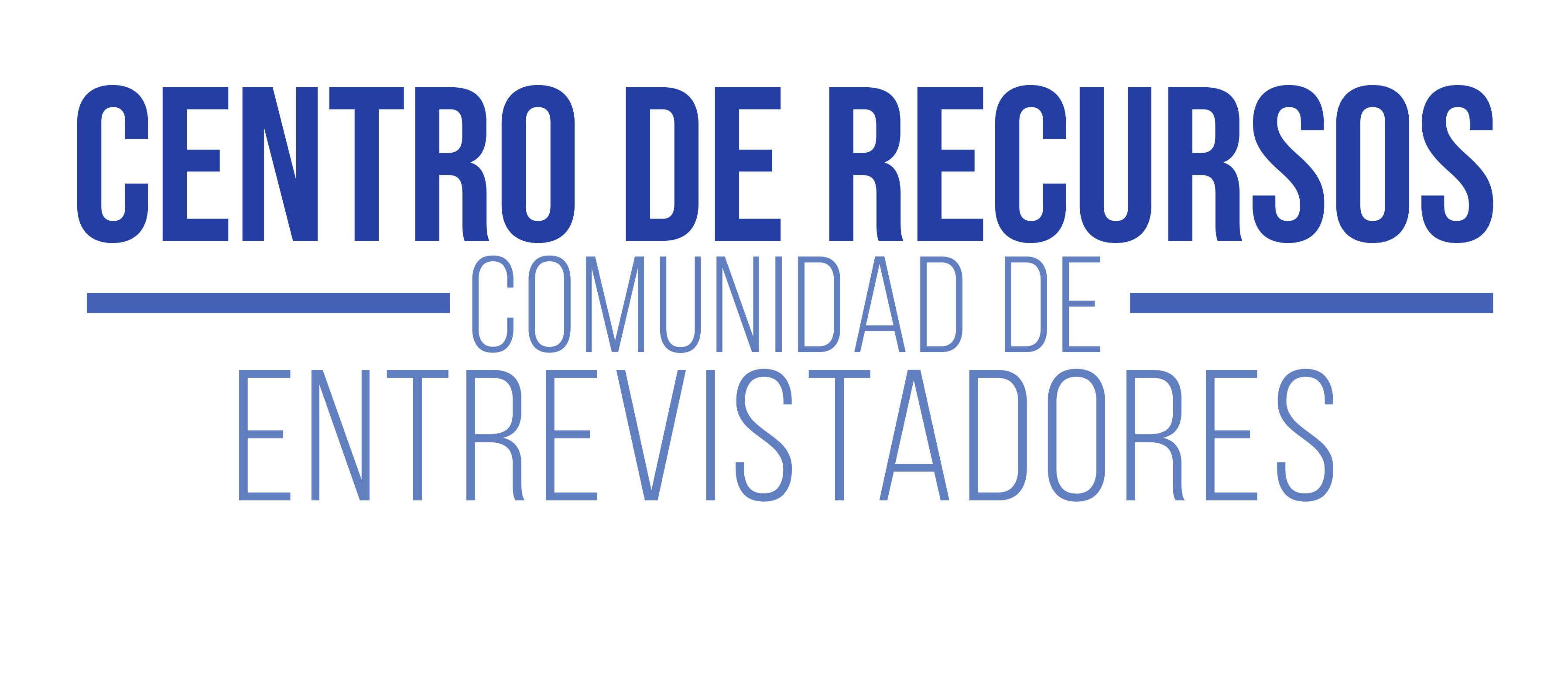The event, organized by the School of Social Work at the Pontificia Universidad Católica de Valparaíso (PUCV), the School of Psychology at the Universidad de Valparaíso, the Universidad de Tarapacá, and the NGO Paicabí, took place in Valparaíso from January 15 to 17, 2025.
Over 500 professionals, authorities, and educators from 11 countries gathered at the 3rd Chilean Congress on Child Abuse and Maltreatment, an annual event that brings together public and private organizations focused on the protection of children and adolescents.
The event lasted three days and featured experts from Chile, Argentina, Bolivia, El Salvador, Spain, the United States, Mexico, the Netherlands, the United Kingdom, and Uruguay.
Presentations by Fundación Amparo y Justicia
On this occasion, members of our Foundation made three presentations during the Congress.
The first, titled “Innovating the Interview: An Online Platform to Enhance the Implementation of Law 21.057,” was delivered by Maísa Valdivia, a psychologist from the Training area, and Carolina Pavez, a sociologist and researcher from the Studies and Public Policy team. This presentation explained the functioning of the Resource Center platform and how it supports the continuous training of interviewers within the framework of the Law on Video-recorded Interviews. Additionally, the main results obtained from this digital platform were shared.
The second presentation, titled “CEFAJ: Statistical Tool for Transparency of Data on Sexual Crimes Against Children and Adolescents,” was given by sociologist Carolina Pavez. In her talk, she detailed the use of the CEFAJ platform, focusing on how this tool helps improve accountability and empowers citizens through accessible information.
Finally, the presentation “Design and Implementation of a Pilot Project in the Aysén Region: Do You Know How to Act If You Learn of a Sexual Crime Against a Child or Adolescent?” was delivered by Valentina Cortés, a psychologist from the Training area, and Isidora Sotomayor, a journalist and Communications coordinator. This presentation addressed the process of developing a training, awareness, and communication model aimed at teachers and staff, guiding them on how to properly act when learning of a sexual crime against a child or adolescent. The main results of this model were also shared, revealing a significant increase in the feeling of preparedness to act in the event of a disclosure.
